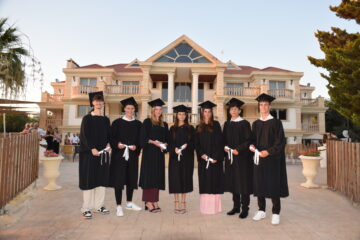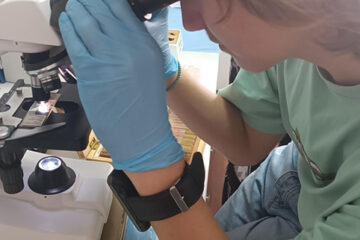A levels and IGCSE Exams.
The fiasco and subsequent furore over this year’s A levels and IGCSE exams has dominated the headlines in the UK and, to a lesser extent, internationally, in schools which follow the English National Curriculum.
Putting aside the hyperbole and the U turns that have developed into circles, the situation has allowed many of the more restrained observers to step back and consider the validity and relevance of examinations and what the alternatives may be.
Many people outside of the world of education, and some within it, don’t realise that a halfway house already exists in vocational qualifications such as BTECs or the set of project based qualifications that are offered by almost all examining boards.
I’ve been fortunate to observe student experiences of each of these forms of qualification and, whilst there’s still the stigma that ‘coursework’ is a soft option, the requirements of the projects are, in many cases, whilst admittedly different, more testing than those in exam based qualifications.
Exams can only test so much of a student’s knowledge given the time limit placed on them. They also provide only a snapshot in time of what the student is capable of achieving and pays little or no attention to the progress that they have made. Through project based qualifications, accompanied by learning journals, their journey to gaining qualifications is well-documented and shows not only what they’ve learned but how they learn, giving a truer picture of a student’s ability to reflect on and improve their lifelong learning.
With England having undergone a consultation on the future of post-16 exams last year and Scottish post-16 exams due to undergo a review in the near future, perhaps now is the time to consider whether a couple of hours of searching memories for answers is the best way to place a marker on a student’s ability to progress in life. And maybe we ought to ponder whether instead of insisting that our teachers have exaggerated their students’ ability in submitting grades, that it might in fact be a more accurate measure.



